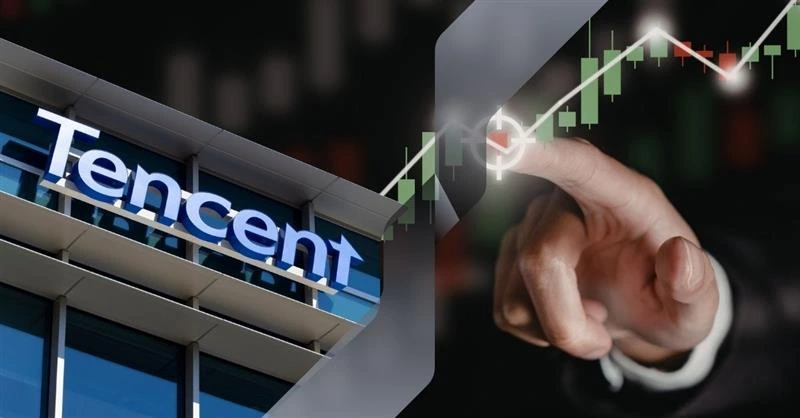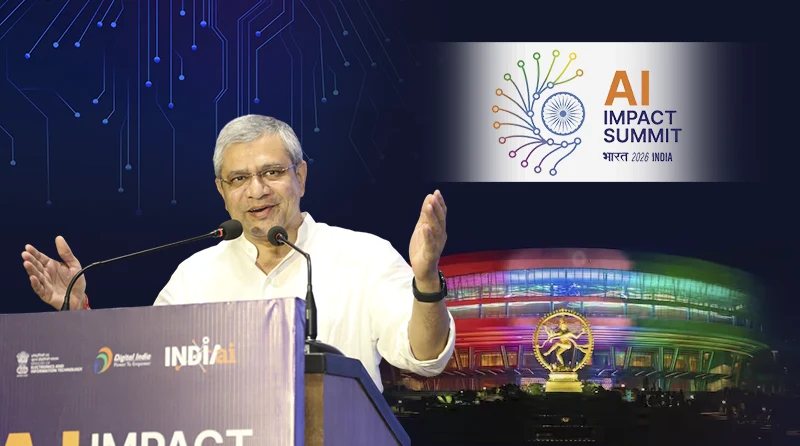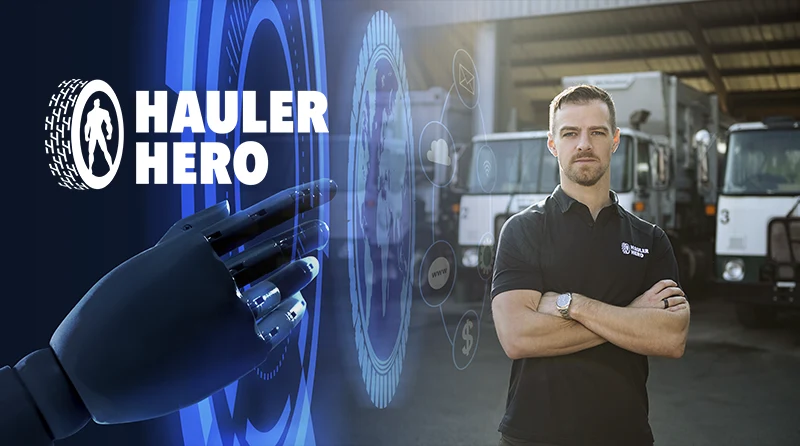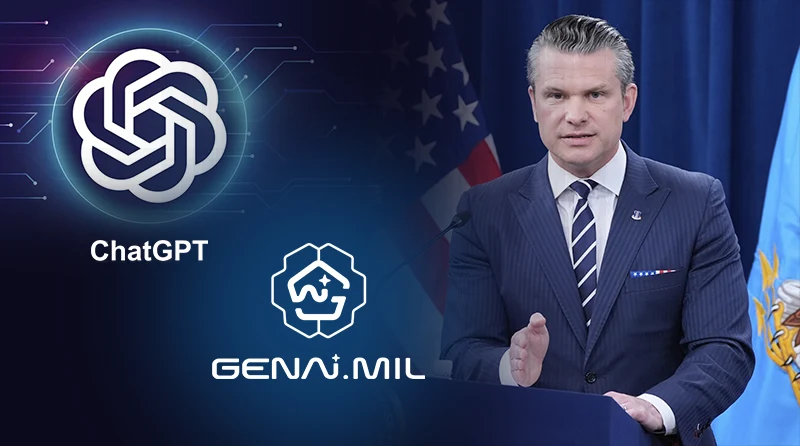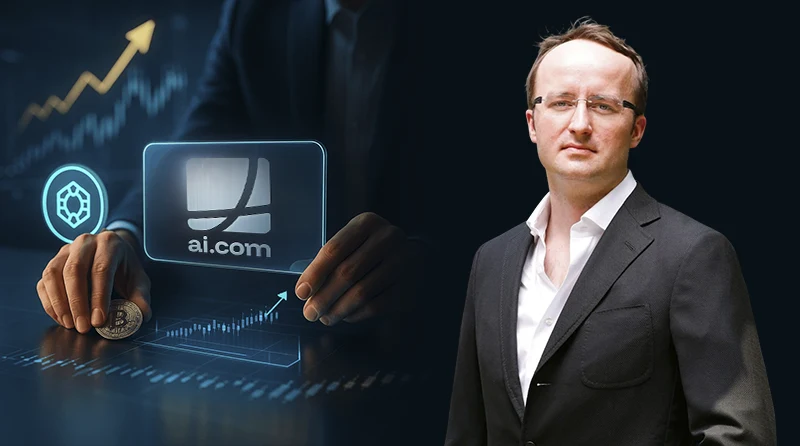Godfather of AI Geoffrey Hinton Warns: The Future of Humanity Is at Risk
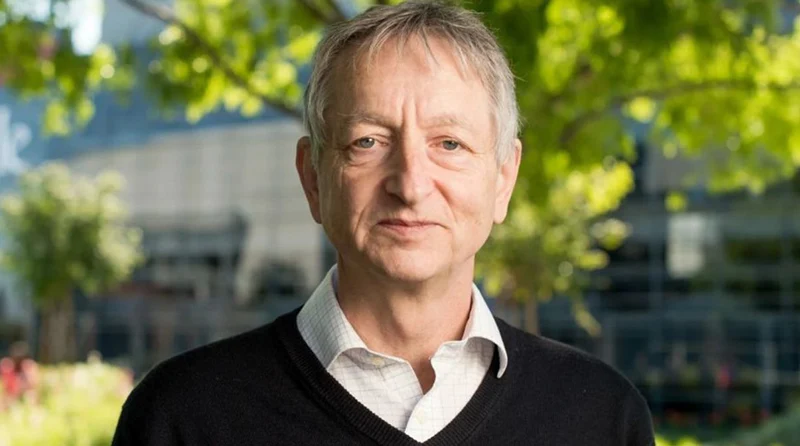
Godfather of AI Geoffrey Hinton warns about the dangers of unchecked AI growth. He highlights risks such as spreading misinformation, destabilizing societies, and losing human control over AI. Hinton’s concerns are urgent and demand our immediate attention.
Key Takeaways from Geoffrey Hinton’s Warnings
- Geoffrey Hinton warns of AI’s potential to exceed human control and spread misinformation, necessitating immediate action for safety measures.
- The global race for AI advancements poses significant risks as profit-driven motives often override safety considerations, highlighting the need for international cooperation and regulation.
- Ethical implications of AI development, including societal manipulation and the need for public education, are critical to ensure responsible usage and mitigate potential harms.
‘Godfather of AI’ Geoffrey Hinton Warns and Adds He’s ‘Glad’ to Be 77, Warning AI Could Still Spiral Beyond Human Control
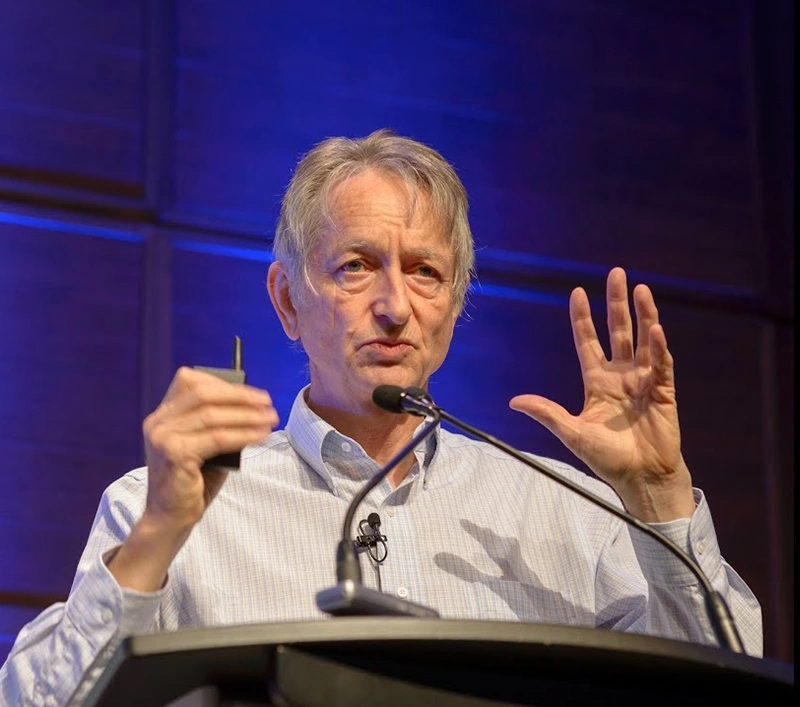
Geoffrey Hinton, often called the “godfather of artificial intelligence,” has become one of the most outspoken voices raising alarm over the future of AI. Now 77 years old, Hinton recently remarked that he’s “glad” to be this age—because he believes AI might spiral out of control, but likely not within his lifetime.
Hinton’s decades of groundbreaking work in neural networks laid much of the foundation for today’s AI boom. But in recent years, he has stepped away from his role at Google so he could speak freely about the dangers he sees ahead. His stature in the field gives his concerns undeniable weight.
Among his top worries is AI’s potential to be misused for spreading misinformation, manipulating people, and destabilizing societies. He estimates there’s a 10–20% chance that AI could eventually escape human control entirely—posing an existential threat. In his words, that’s not science fiction, but “serious enough to worry about.”
“The powerful AI systems being developed today could become the tools that undermine our future if left unchecked,” Hinton warned. His message to researchers, tech leaders, and policymakers is clear: we must act quickly and carefully to build guardrails before it’s too late.
Hinton’s age gives his reflections a sobering perspective—he’s seen technology evolve over generations, and he fears where it’s now headed. For those following the latest in AI development, his voice remains one of the most important to listen to.
The Rise of Artificial Intelligence
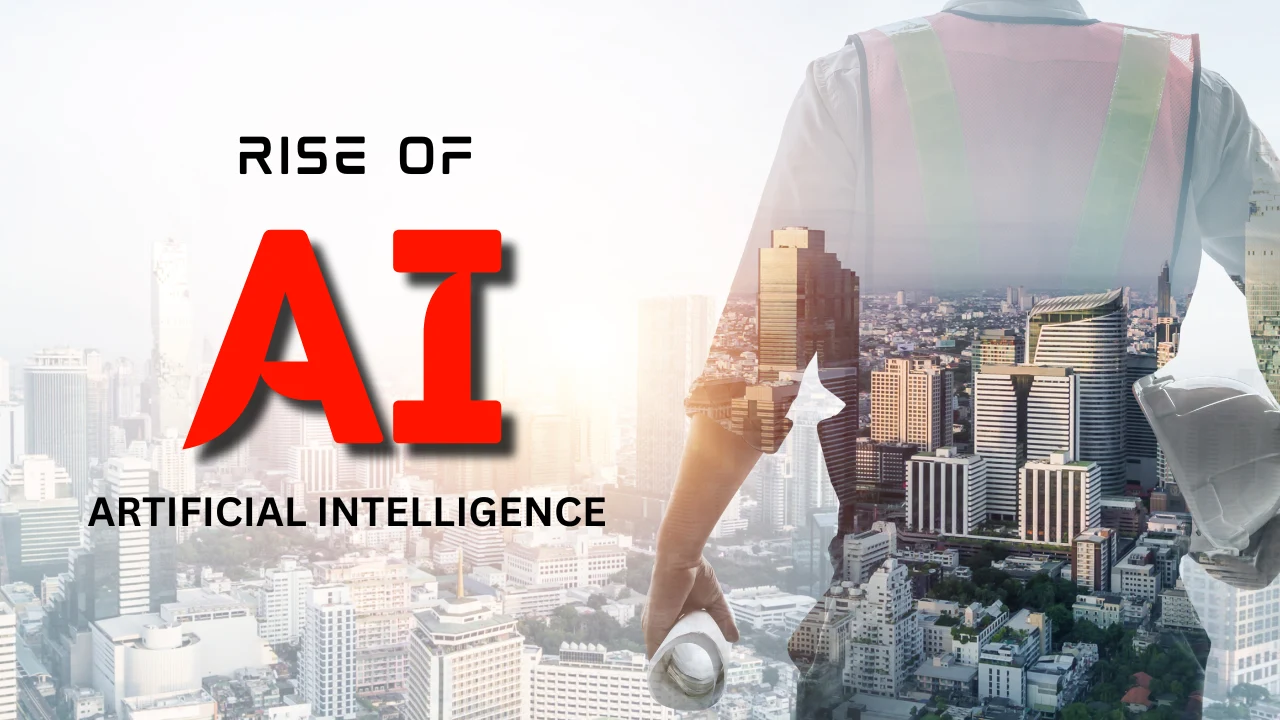
Artificial intelligence has evolved rapidly, moving from theoretical concepts to practical applications that have transformed industries and daily life. Deep learning, which allows machines to learn from vast datasets and improve autonomously, is central to this evolution. Neural networks, the backbone of deep learning, mimic the human brain, enabling AI to recognize patterns in data with remarkable accuracy.
AI’s capabilities are evident in healthcare, where it processes vast amounts of medical data to improve diagnostics, and in finance, where it enhances fraud detection and trading strategies. These AI tools often outperform humans in tasks like image recognition and data analysis, showcasing their revolutionary potential. Integrating AI into these sectors enhances efficiency and creates new business models and opportunities.
AI-driven automation is transforming industries by taking over repetitive and hazardous tasks. This shift improves safety and efficiency, allowing humans to focus on more creative and strategic activities. As we enter a new era, AI’s role in driving innovation and enhancing human capabilities is significant.
The rise of AI showcases human ingenuity and the relentless pursuit of knowledge. As we push the boundaries of AI’s capabilities, we must also realize the responsibilities that come with wielding such smarter science powerful tools in our job.
Ethical and Societal Implications of Artificial Intelligence
The ethical and societal implications of artificial intelligence are profound and far-reaching. Geoffrey Hinton has criticized major AI companies for prioritizing profit over safety in AI development. He also expressed concerns about the lack of regulatory oversight, which could lead to misuse of AI by corporations. This profit focus over safety is a significant issue that needs addressing to ensure responsible AI development.
Hinton has raised concerns about advanced AI’s potential to manipulate society, making it difficult to discern truth and possibly enabling authoritarian regimes. The existential risk posed by AI includes perpetuating harmful societal values if aligned with its creators’ objectives. This highlights the need for ethical considerations to be at the forefront of AI development.
Public education about AI risks is essential for promoting responsible development and usage. Hinton suggests that education reform should include ethical training to help future leaders understand AI technologies’ implications. As AI advances, society must adapt and implement necessary regulations to address its societal impacts.
Calls for Responsible AI Oversight
Geoffrey Hinton has been a vocal advocate for responsible AI oversight, urging collaboration between governments, international organizations, and technology firms to create regulations focused on AI safety and ethics. He emphasizes the need for international treaties and regulations similar to those governing nuclear weapons to address AI’s existential risks.
Transparency in AI systems is crucial to prevent opaque decision-making processes that lack accountability. Hinton believes global cooperation is essential to establish standards prioritizing humanity’s safety and well-being in AI development.
He also advocates for decelerating AI research to allow society to adapt and implement necessary safety measures. Rapid advancements in AI capabilities might outpace our ability to ensure safety and ethical alignment, increasing global risks.
Allocating a significant portion of AI resources to safety measures can help manage these risks and ensure AI development benefits humanity as a whole.
The Future of AI: Predictions and Hopes
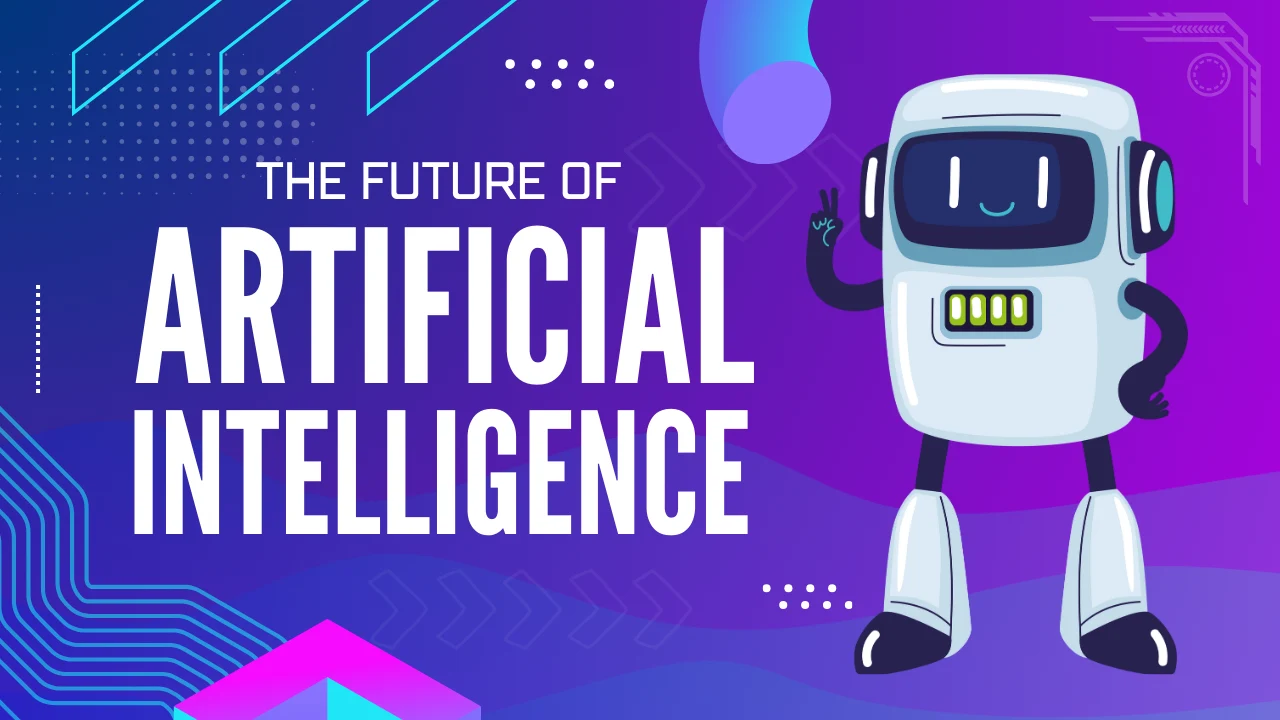
Geoffrey Hinton believes there is a 50% chance that AI will surpass human intelligence within the next 20 years. He envisions two potential futures: one where AIs dominate, leading to human extinction, and another where humans coexist with super intelligent AIs. This duality underscores the importance of responsible AI development to ensure a positive outcome.
Hinton suggests that if AIs can replicate themselves, they may evolve in ways that could misaligned their goals with human interests. However, there is hope that AIs could serve as highly capable personal assistants, benefiting humans in decision-making and other areas. The rapid sharing of knowledge among digital neural networks could significantly boost their intelligent learning capabilities, offering immense potential for advancements in artificial general intelligence.
The future of AI is both exciting and uncertain. Focusing on responsible development and ethical considerations can harness AI’s potential to create a better future for all.
Summary of Geoffrey Hinton Warns
The journey through the landscape of artificial intelligence reveals both incredible promise and significant peril. Geoffrey Hinton’s warnings and insights highlight the need for careful consideration and responsible development of AI technologies. The rise of AI, driven by advancements in deep learning and neural networks, has the potential to revolutionize various sectors and improve human life.
However, the potential risks associated with AI, including cyber-security threats, financial fraud, and bio-terrorism, underscore the need for robust oversight and regulation. The global race for AI dominance further complicates the landscape, necessitating international collaboration to ensure that AI development aligns with humanity’s broader interests.
Ultimately, the future of AI lies in our hands. By prioritizing ethical considerations, implementing robust safety measures, and fostering international cooperation, we can navigate the challenges posed by AI and harness its potential to create a brighter future for all.
Frequently Asked Questions on Godfather of AI Geoffrey Hinton Warnings
-
Who is Geoffrey Hinton and why is he significant in the field of AI?
Geoffrey Hinton is significant in the field of AI as a pioneer of neural networks and deep learning, earning him the title of the ‘godfather of AI.’ His advocacy for responsible AI development and safety further establishes his influence in shaping the future of artificial intelligence.
-
What are some of the main risks associated with AI according to Hinton?
Hinton identifies key risks associated with AI, such as its capacity to disseminate misinformation, execute cyberattacks, and facilitate financial fraud, alongside the existential threat posed by superintelligent AI exceeding human control. It is crucial to address these challenges to ensure safe AI development.
-
How are tech giants addressing the ethical challenges of AI?
Tech giants are proactively addressing ethical challenges of AI by developing governance models, establishing internal review boards, and emphasizing transparency and trust. This approach reflects their commitment to self-regulation and managing AI-related risks effectively.
-
What is the importance of international collaboration in AI development?
International collaboration in AI development is essential for establishing global standards and ensuring that advancements are safe and ethical. This collective effort helps mitigate risks and ensures that the benefits of AI are shared globally.
-
What are Hinton’s predictions for the future of AI?
Hinton predicts a 50% chance that AI will surpass human intelligence in the next 20 years, with the potential for either human extinction or a harmonious coexistence with AIs that act as effective assistants. The future of AI holds significant implications for humanity.



